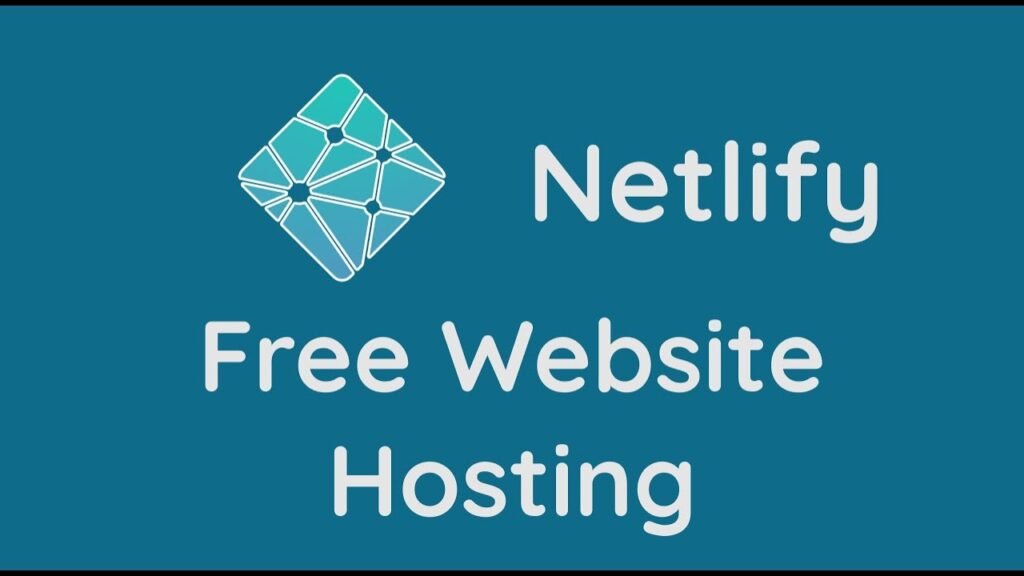Creating a website no longer requires a hefty investment. Whether you are a hobbyist, student, startup, or small business owner, free web hosting services can be a valuable starting point. This comprehensive guide explores the best free web hosting services available in 2025, evaluating each based on features, ease of use, limitations, and ideal use cases.
What is Free Web Hosting?
Free web hosting lets users publish their websites online without paying for server space. These services are generally supported by advertisements or limitations on features, making them ideal for experimentation, learning, or hosting low-traffic sites.
However, it’s essential to understand that free hosting services often come with trade-offs: limited bandwidth, storage, uptime guarantees, and support. Still, for many, the cost savings and ease of use outweigh the downsides.
#1. InfinityFree
nfinityFree is a long-standing free hosting service that offers an impressive range of features. It uses the popular cPanel-like VistaPanel, includes automatic script installers, and supports PHP and MySQL. Its unlimited storage claim is generous but governed by a fair usage policy. InfinityFree is ideal for users needing robust functionality without the cost.

Pros:
- 100% free hosting
- Unlimited bandwidth and storage (with fair usage policy)
- No forced ads
- Free SSL certificate
Cons:
- Daily hit limits
- No email accounts
- Support is primarily through forums
Best For: Personal blogs, portfolios, or students learning web development.
Read Also: BlueHost Deals 2025: Black Friday and Cyber Monday Sales 2025
#2. 000WebHost

Pros:
- Free plan with 300 MB storage and 3 GB bandwidth
- No ads
- Integrated website builder
- Support for PHP and MySQL
Cons:
- 1-hour daily downtime
- Limited disk space and bandwidth
- No email accounts on the free tier
Best For: Hobby websites, educational projects, and portfolio sites.
000WebHost is a subsidiary of Hostinger and is known for its user-friendly interface and intuitive website builder. It offers just enough to get a basic site online, making it great for users who value simplicity and don’t need round-the-clock availability.
#3. GitHub
GitHub Pages is a developer favorite for hosting static sites directly from a GitHub repository. It integrates seamlessly with Jekyll for static site generation, and its uptime and speed are industry-leading. Though it requires a bit of a learning curve, it’s perfect for tech-savvy users.

Pros:
- Completely free
- High reliability and fast load speeds
- Custom domains supported
- Ideal for static sites
Cons:
Best For: Developers, documentation, static portfolios, and project pages.
#4. Netlify
Netlify is more than just a web host. It’s a powerful deployment platform with tools for building modern web projects. With Git integration and CI/CD out of the box, it’s a favorite for frontend developers.

Pros:
- Free tier includes continuous deployment
- Fast CDN delivery
- Integrated forms, serverless functions
- Custom domains with SSL
Cons:
- Static site only (unless using external backends)
- Learning curve for non-developers
Best For: Developers and teams deploying static websites, JAMstack apps, or personal portfolios.
Read Also: Best Web Hosting for Students in 2025
#5. AwardSpace
AwardSpace has been in the hosting game for a while and offers a decent free tier that includes email and CMS installation via Zacky Installer. While its backend may not feel as modern as some others, it delivers reliable performance for basic sites

Pros:
- 1 GB disk space, 5 GB bandwidth
- Supports PHP, MySQL
- 1 email account
- No ads
Cons:
- Limited performance
- Older interface
Best For: Small websites, simple business pages, and learners.
#6. Wix (Free Plan)
Wix is renowned for its intuitive design tools, making it ideal for users who want to create visually compelling sites without code. The free plan does come with some branding, but it’s a great way to get started.

Pros:
- Drag-and-drop builder
- Free templates
- Good design flexibility
- Hosting included
Cons:
- Wix ads on free sites
- No custom domain
- Limited storage and bandwidth
Best For: Creatives, portfolios, and small businesses testing their web presence.
#7. WordPress.com (Free Plan)
WordPress.com offers a free version of its powerful blogging platform. It’s easy to use and provides a quick way to get a blog online, though some of the more powerful features are locked behind the premium plans.

Pros:
- Popular blogging platform
- Dozens of themes
- Mobile responsive
- Community support
Cons:
- WordPress ads and branding
- No plugins on the free plan
- Limited design customization
Best For: Bloggers, writers, and small-scale content creators.
#8. ByetHost
ByetHost offers a solid free hosting package with good technical support via its forums. While performance can be inconsistent, it’s suitable for those learning the ropes of web hosting.

Pros:
- 1 GB storage, 50 GB monthly bandwidth
- Free subdomain or use your own
- PHP, MySQL, FTP, and control panel included
Cons:
- Slower performance compared to paid plans
- Ads shown in the backend (not on site)
Best For: Developers testing apps, students, and light-traffic websites.
Read Also: Best Hosting Under $5 Per Month 2025
#9. FreeHostingNoAds
As the name implies, FreeHostingNoAds provides an ad-free experience even on the free tier. While not the most robust in terms of features, it offers a good starting point for those who want a clean slate.
Pros:
- No ads
- 1 GB storage, 5 GB bandwidth
- PHP, MySQL, and FTP access
Cons:
- Basic interface
- Limited support options
Best For: Basic personal websites, educational use.
#10. Google Cloud Free Tier / Firebase Hosting
Firebase, part of Google Cloud, provides robust and fast hosting for static assets with free usage quotas. It’s especially valuable for those building modern web applications with client-side frameworks.

Pros:
- Enterprise-grade infrastructure
- Free tier includes Firebase Hosting for static sites
- SSL, CDN, and custom domain support
- CLI tools for deployment
Cons:
- Limited to static files unless you integrate with backend services
- Learning curve for non-technical users
Best For: Developers building scalable web apps or static frontends.
Summary
While free web hosting services are an excellent starting point, choosing the right one depends on your specific needs:
- For bloggers and writers: WordPress.com is a great pick.
- For developers: GitHub Pages, Netlify, or Firebase are excellent.
- For creatives and portfolios, Wix or InfinityFree offer great design freedom.
- For simple websites, AwardSpace or FreeHostingNoAds gets the job done.
It’s also worth noting that as your site grows, you might need to transition to a paid plan to unlock better performance, uptime, and customer support.
In 2025, there’s never been a better time to get online without spending a dime. With so many capable options, you can find the perfect free web hosting platform to bring your vision to life.
